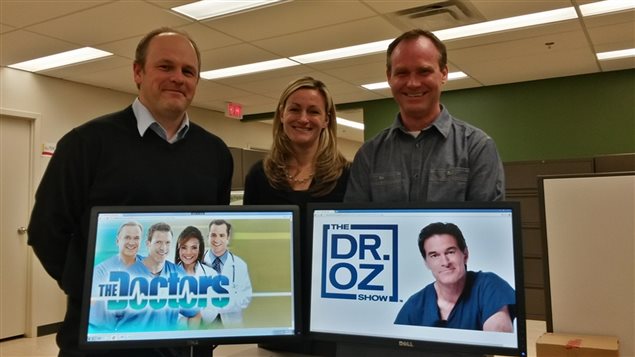Television shows about health issues have become incredibly popular. The content of these “doctor shows” however has raised concern among other medical practitioners.
Dr. Christina Korownyk M.D, is an associate professor in the Department of Family Medicine in the University of Alberta’s Faculty of Medicine & Dentistry. She is co-author of a paper analyzing claims made on the “doctors shows”.
ListenAs primary care physicians, Dr Korownyk and collaborators Dr Mike Kolber and Dr Mike Allan from the University of Alberta all said they would often have patients coming in who have watched the shows and are taking medications or medicinal products they heard about on the shows, sometimes with exaggerated claims.
The trio then decided to tape and analyze 40 episodes of each of the two most popular TV medical shows
The doctors have published their assessment in the Christmas edition of the British Medical Journal
They found that only about a third of the medical recommendations given on one show had believable evidence to support the claims, while about half the recommendations on the other show had some factual basis.
There was also concern expressed about potential conflicts of interests noting that out of over 924 recommendations , potential conflict of interest for the presenter was mentioned only four times.
They say people watching these medical talk shows should realize that they’re as much for “entertainment” as for medical information, and that the recommendations and suggestions should be verified by your own physician before acting on them.







For reasons beyond our control, and for an undetermined period of time, our comment section is now closed. However, our social networks remain open to your contributions.